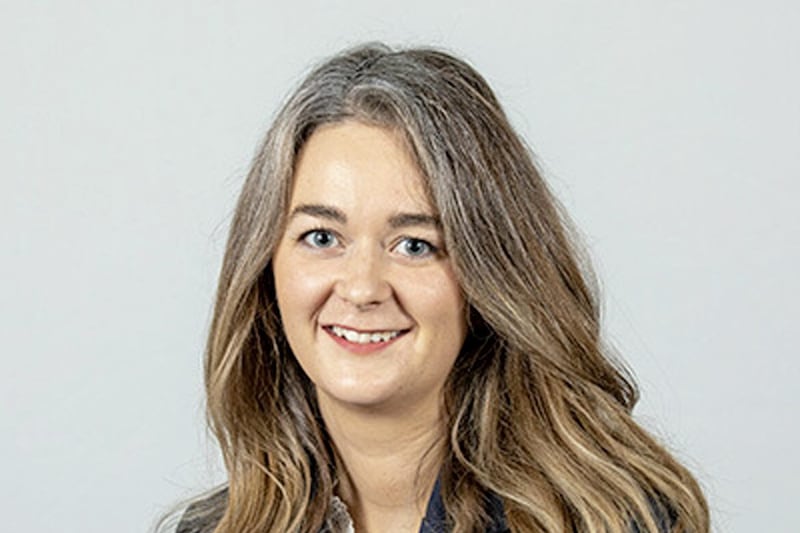QUESTION: I am setting up a new business and must trade via a limited company. I have heard that I should extract a small salary and a larger dividend to minimize my personal tax. Is that correct or should I just ignore dividends and take a larger salary? I am married and my wife has no earnings.
ANSWER: You are correct, despite increases in dividend tax rates over the years, dividends still retain a lower rate of personal taxation than salary, and enjoy exemption from national insurance (both employers and employee’s) thus conferring significant tax advantages.
Your initial problem however is that a company can only declare and pay a dividend if it has adequate distributable reserves.
You therefore may need to pay yourself a salary or take a loan from the company until you are able to draw up accurate accounts that show that the business has appropriate reserves.
And you will also need to clarify the maximum level of dividends which can be declared from your business without breaching company law regulations.
It is extremely important, once you have decided to declare a dividend, that the appropriate paperwork is in place to allow the dividend to be made legally and minimize the risk of a Revenue enquiry into the payment later.
This point is all too often neglected by business owners with serious tax implications, often years later during a PAYE inspection, when previously taken ‘dividends’ are ruled to have been earnings subject to PAYE.
Another important point is to ensure your salary is at least £6,396, which is the national insurance (NIC) lower earnings limit. Your salary needs to be at this figure or higher to ensure you continue to contribute towards your state pension.
Your basic salary will be covered by your personal allowance, and you have a tax-free dividend allowance of £2,000.
HMRC tax dividends as the top slice of income and therefore there are currently three potential rates at which dividends are taxed.
Persons in receipt of a dividend which when added to their other sources of income keeps them within the basic rate of tax, which is currently £50,270 are taxed at 8.75 per cent, which contrasts with the 20 per cent plus NIC rate paid on salaries of the same level.
Dividends between £50,270 and £150,000 are taxed at 33.75 per cent (salaries of same level are taxed at 40 per cent plus NIC) and dividends more than £150,000 are taxed at 39.35 per cent (salaries of same level are taxed at 45 per cent plus NIC).
A note of caution however for those in receipt of dividends that take their total income above £100,000.
Past this point you start to lose your personal allowance at the rate of £1 for every £2 of income above £100,000. This creates an effective tax rate of over 60 per cent, which confusingly reduces back to 39.35 per cent on dividend earnings above £125,140.
There is clearly a substantial difference between the various rates of tax at which dividends are taxed at and income splitting arrangements are very common in companies owned by married couples.
Such arrangements seek to even out salaries and dividends between married owners so that as little as possible of their joint income falls into the higher rate or the additional rate of tax.
The most common arrangement is for several classes of shares often called ‘alphabet shares’ to be issued which enable different levels of dividend to be paid on each class.
Any companies planning to employ these types of arrangements need to be extremely careful as HMRC can challenge them if they can successfully argue that one party has received nothing more that a right to income from the other party.
It is important that all shares held by both parties provide a right to participate in a capital distribution on a winding up and a right to vote and not merely a right to income.
:: Paddy Harty (p.harty@fpmaab.com) is partner at FPM Accountants (www.fpmaab.com). The advice in this column is specific to the facts surrounding the question posed. Neither the Irish News nor the contributors accept any liability for any direct or indirect loss arising from any reliance placed on replies.








